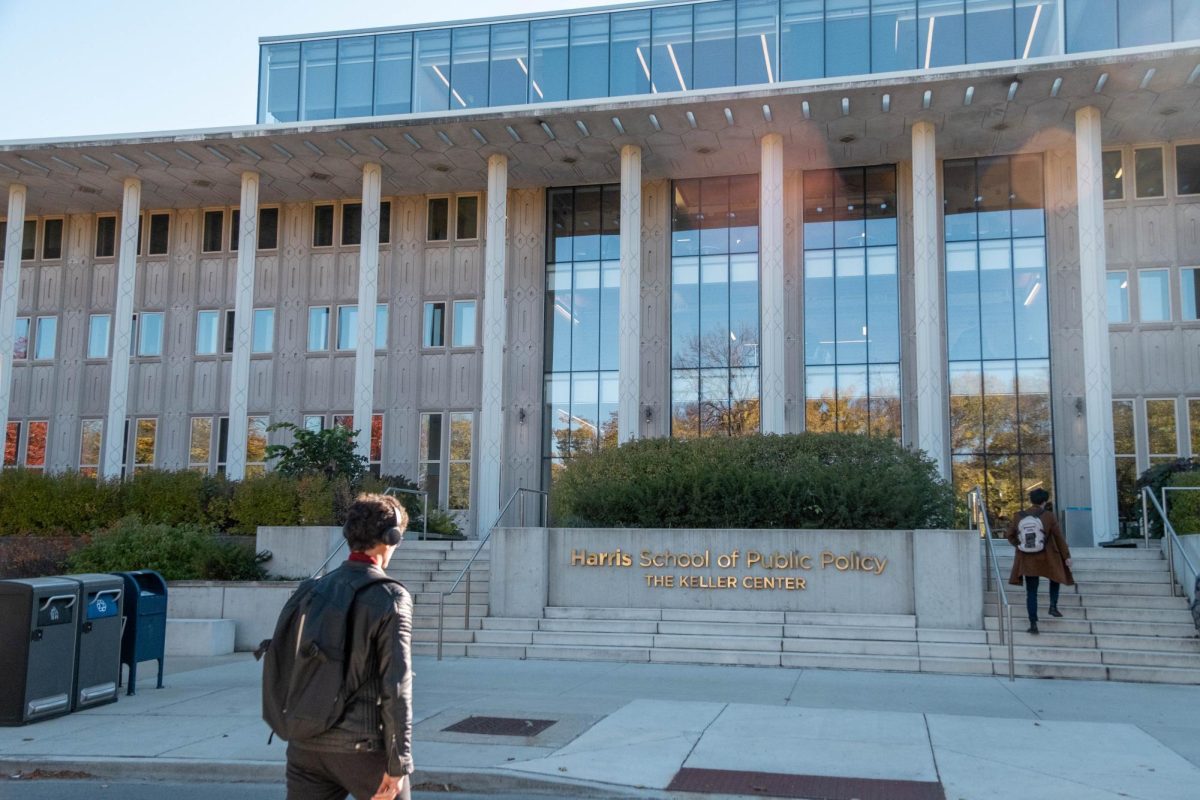Changes at the beginning of the year in the implementation of the Graduate Aid Initiative (GAI) have limited the teaching opportunities for University graduate students in the philosophy department, but students are still unclear on how the change went into effect and how far-reaching its scope is.
According to the GAI, each student is required to complete three terms as a teaching assistant (TA) before fifth year, followed by one term teaching a standalone tutorial. The teaching requirements are fulfilled according to a point system, with each student given a total point limit. TA positions count as a single point; a full tutorial is two.
Teaching positions beyond departmental requirements previously did not count toward a student’s points and served only as a source of extra income for graduate students. But the changes make all teaching positions, whether or not they fulfill a student’s graduation requirement, now count toward a student’s points in the GAI, a two-tiered aid program that has provided annual stipends to a large proportion of graduate students in the humanities, social sciences, and Divinity School since 2007.
Because of this change, some philosophy graduate students working as TAs are concerned they will use up all their points on classes that do not meet their contractual obligations for GAI.
The dissemination of the new policy came as a surprise to many graduate students who worked as TAs as a supplement to their department requirements.
“I was absolutely astonished,” said one philosophy graduate student, who wished to remain anonymous after resigning from a teaching position. “I had no clue that was going to happen. To a certain extent, I think even my DGS was surprised.”
Graduate students were unclear as to whether there was an official change in the language of the program, if the methods of enforcement by the University have changed, or if upper-level department administrators have made changes.
With no official announcement, the information surrounding the GAI’s new policy was disseminated by the philosophy department’s Director of Graduate Studies (DGS) chair Candace Vogler, who has declined to comment until the matter is resolved.
“The doomsday scenario was that students who had taught in the writing program will have used all of their points in the GAI,” said Mark Hopwood, a fourth year Ph.D. student in the philosophy department and a representative to the Graduate Students Union (GSU).
GSU is a pay-into organization which represents graduate students as workers, but is not recognized by the University as a collective bargaining group.
“Our concern is that graduate students need to have more of a say in the way these policies are implemented and the way their status as workers is defined,” said Hopwood. “We can’t, as graduate students, go on with the constant threat of the administration handing down something like this.”
Members of the GSU see the situation as demonstrating the need for graduate students to organize as workers. “Graduate students are employed as teachers without being employees,” said GSU member and English department graduate student Andrew Yale.
GSU member Duff Morton believes the GAI has provided a standardized system of financial support for a large, diverse body of students. “There used to be this dizzying variety of funding packages, and they’ve been rolled into two,” he said.
He said the GAI is too rigid and does not take into account the students’ varied needs. “Now the GAI needs to be modified to recognize the fact that not everybody is going to teach in the same way at the same time,” he said.
However, the administration has previously indicated graduate academic work as a priority. “For the history of the [writing] program, students have had to balance the program with finishing their scholarly work,” said Larry McEnerney, the director of the University’s writing programs.
According to students in the philosophy department, Deputy Provost for Graduate Education Cathy Cohen agreed to meet with the complainants, and Dean of the Humanities Martha Roth also met with students. Neither responded to emails and phone calls from the Maroon.
Still, Hopwood defended philosophy department leadership, which has already managed to recoup some of the students’ lost points. “They’ve been really helpful,” he said. “Our beef is definitely not with them.”








